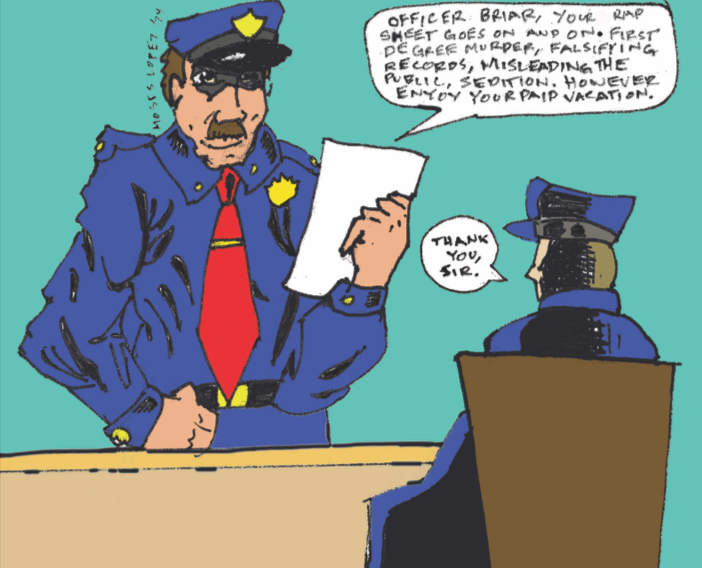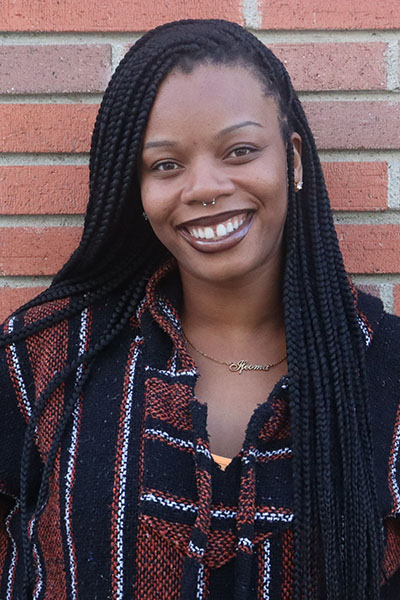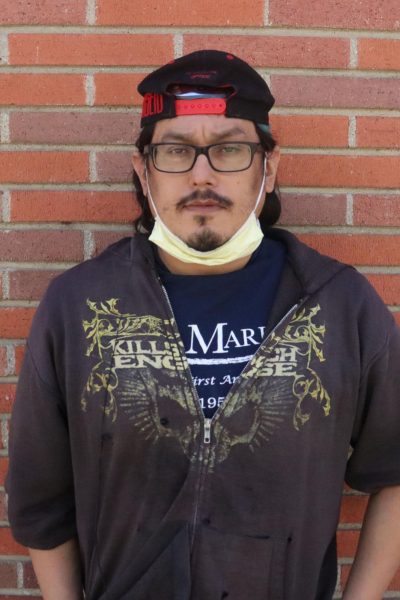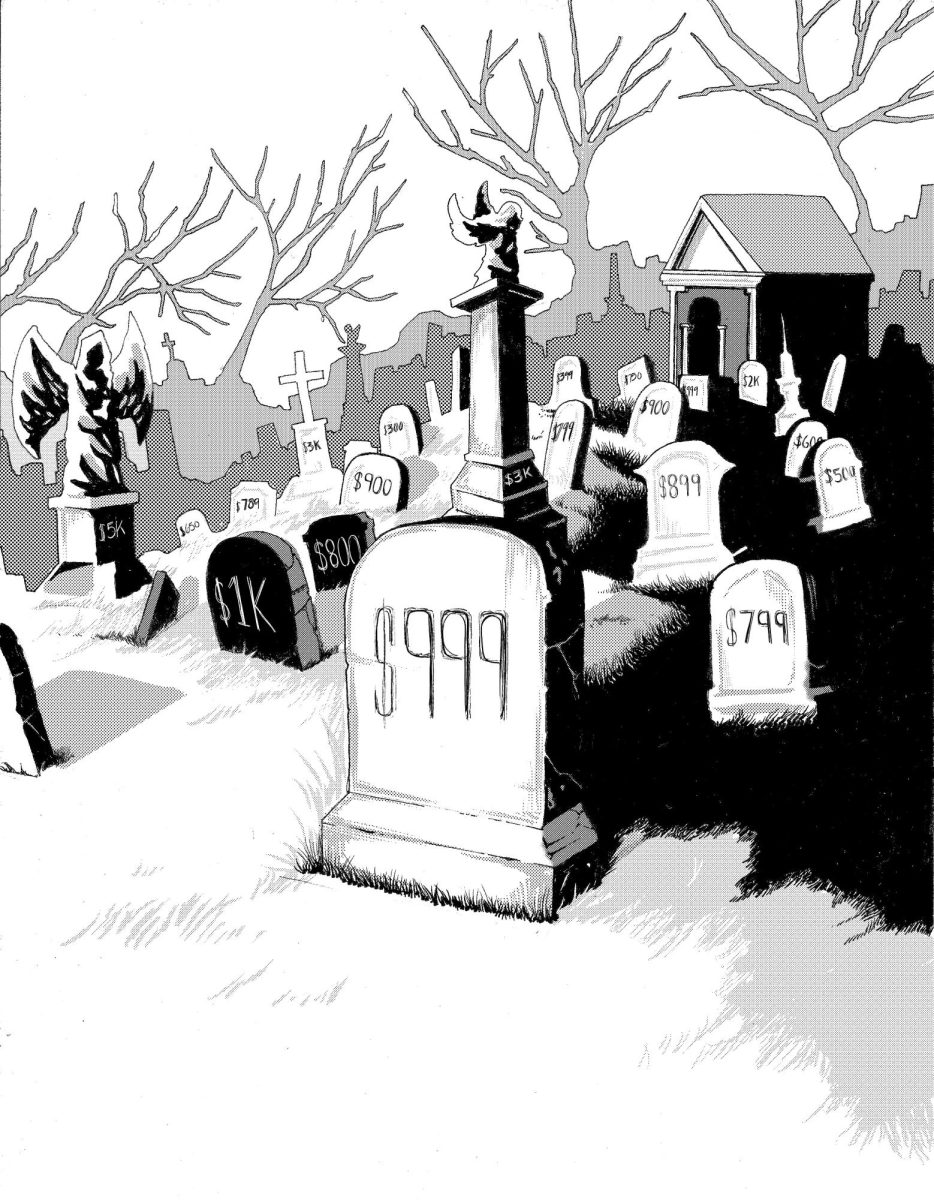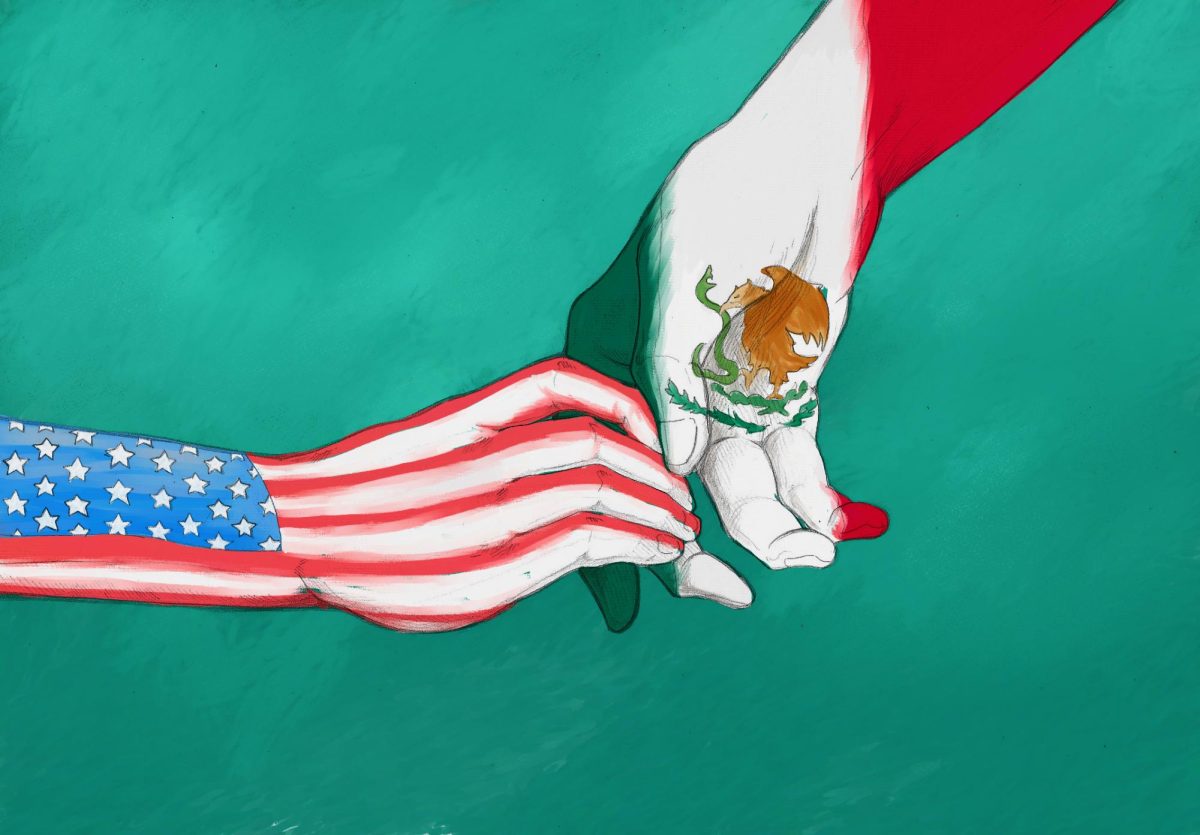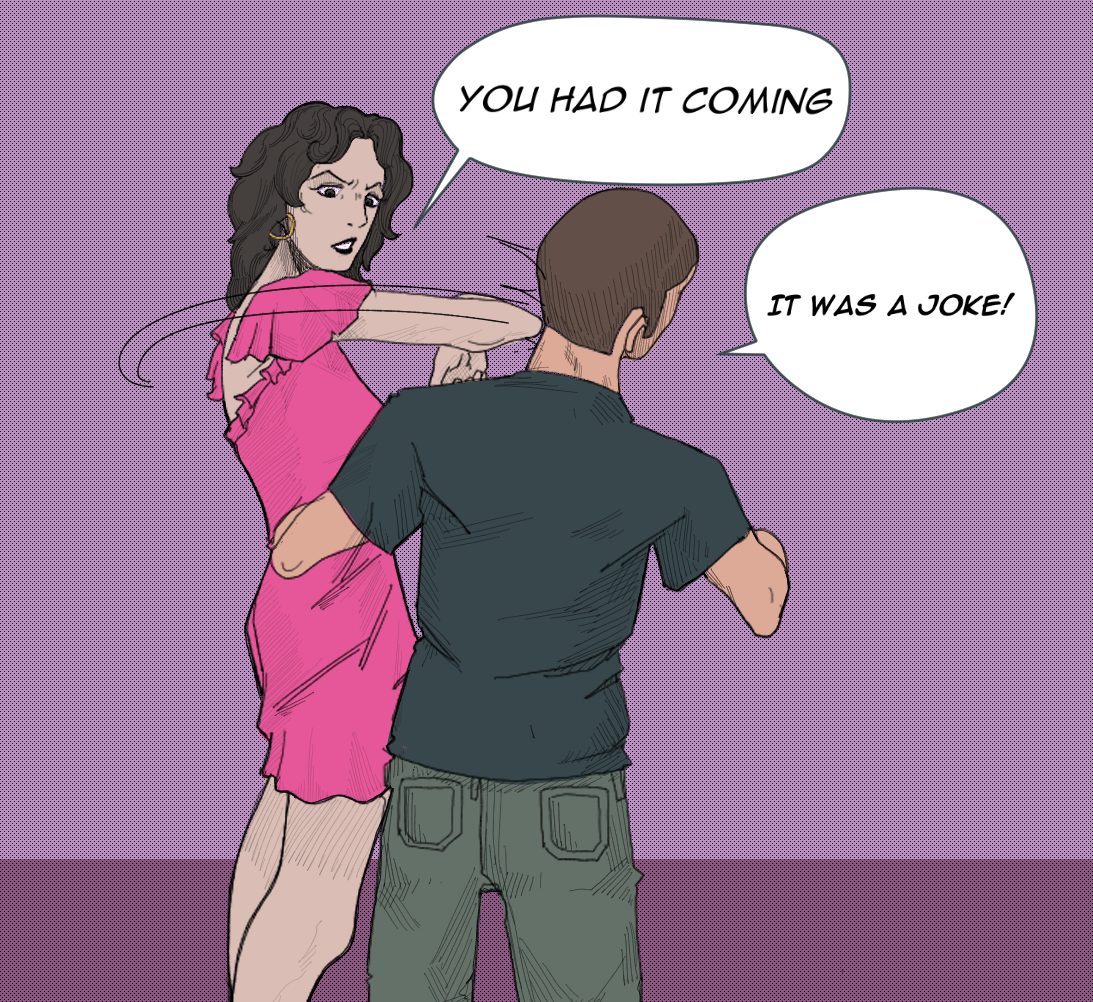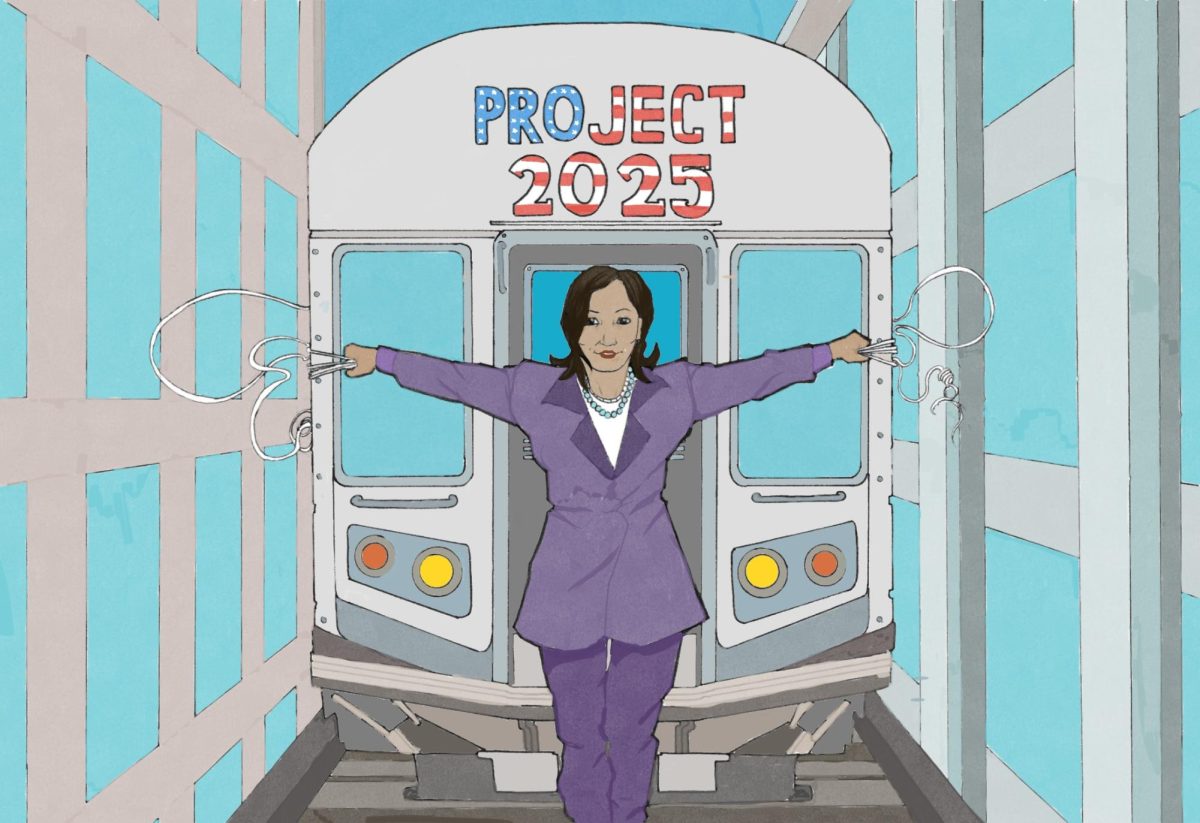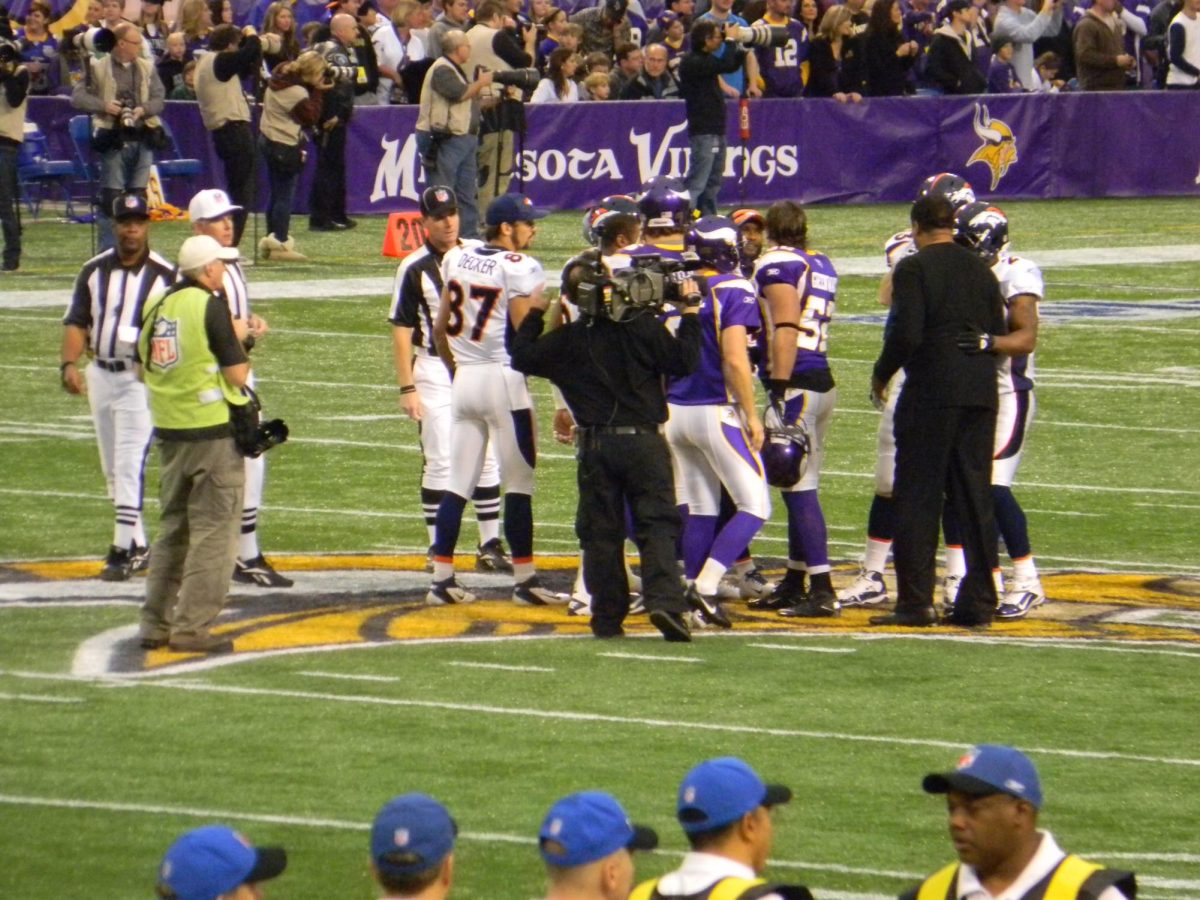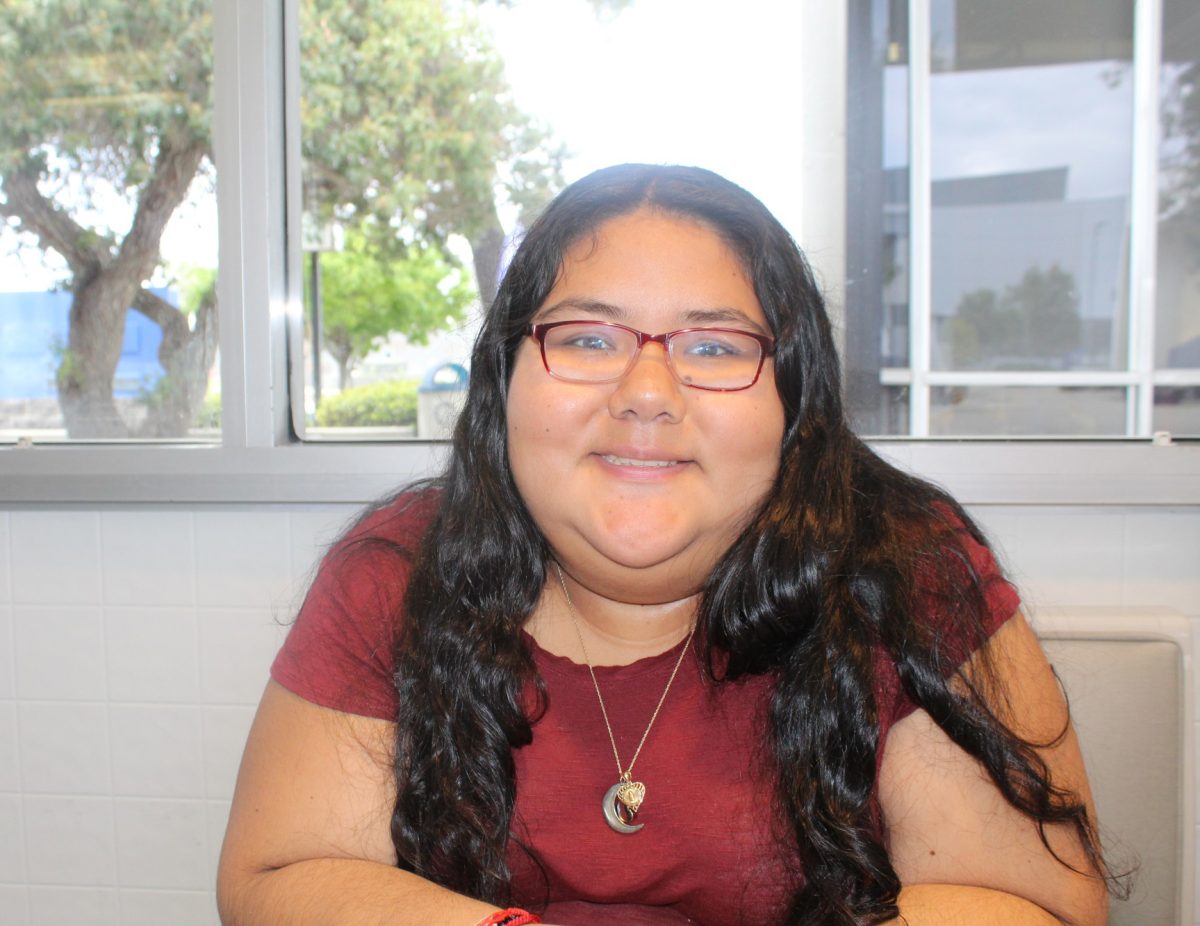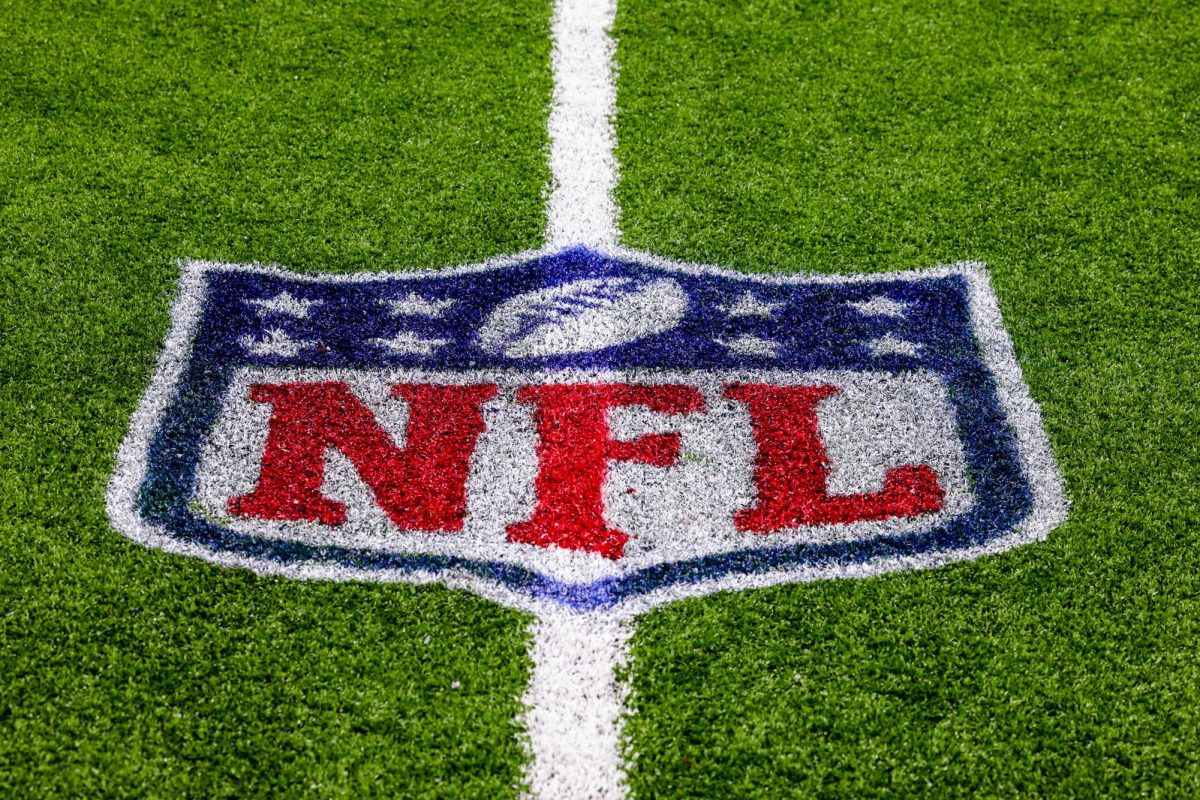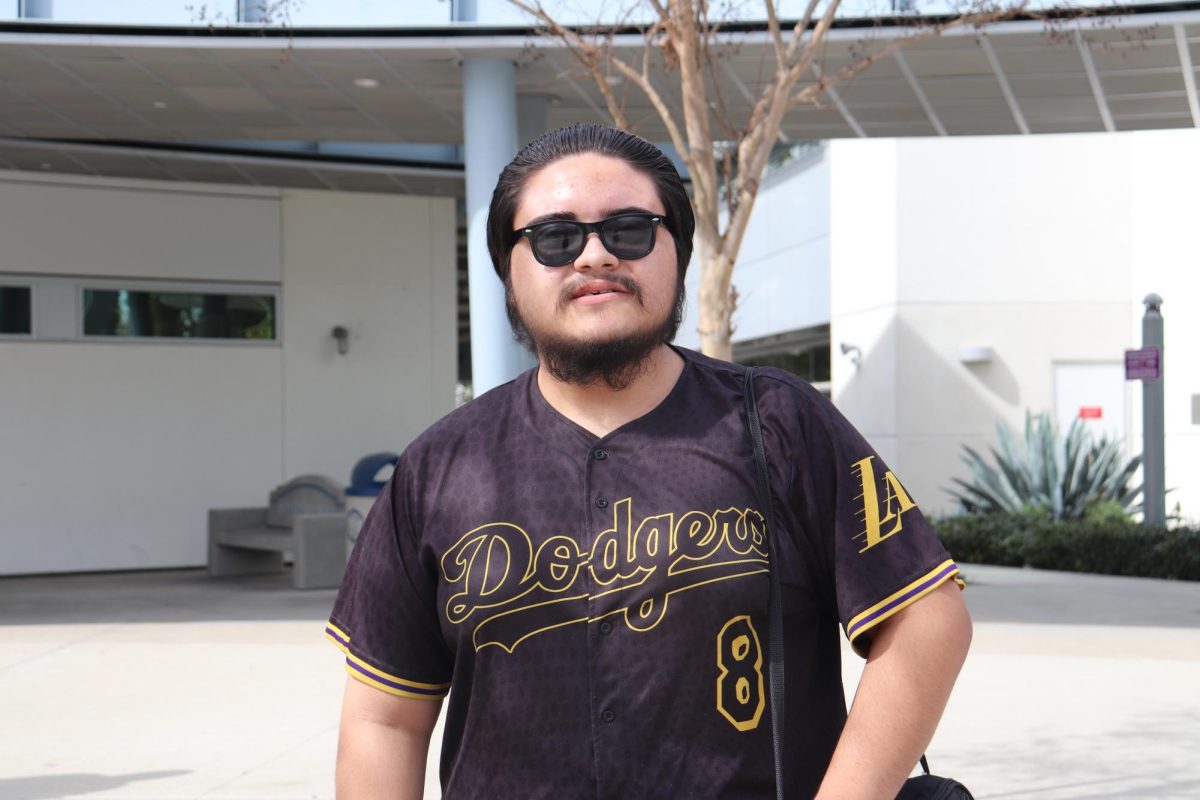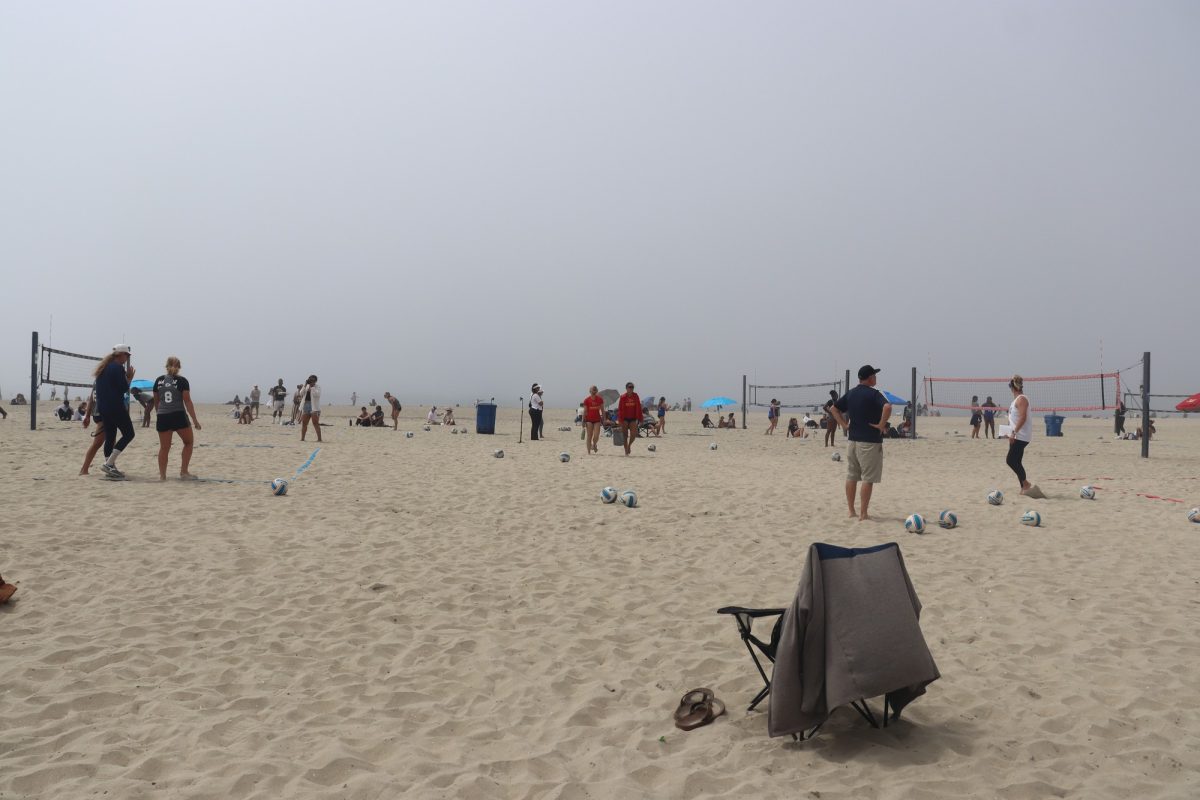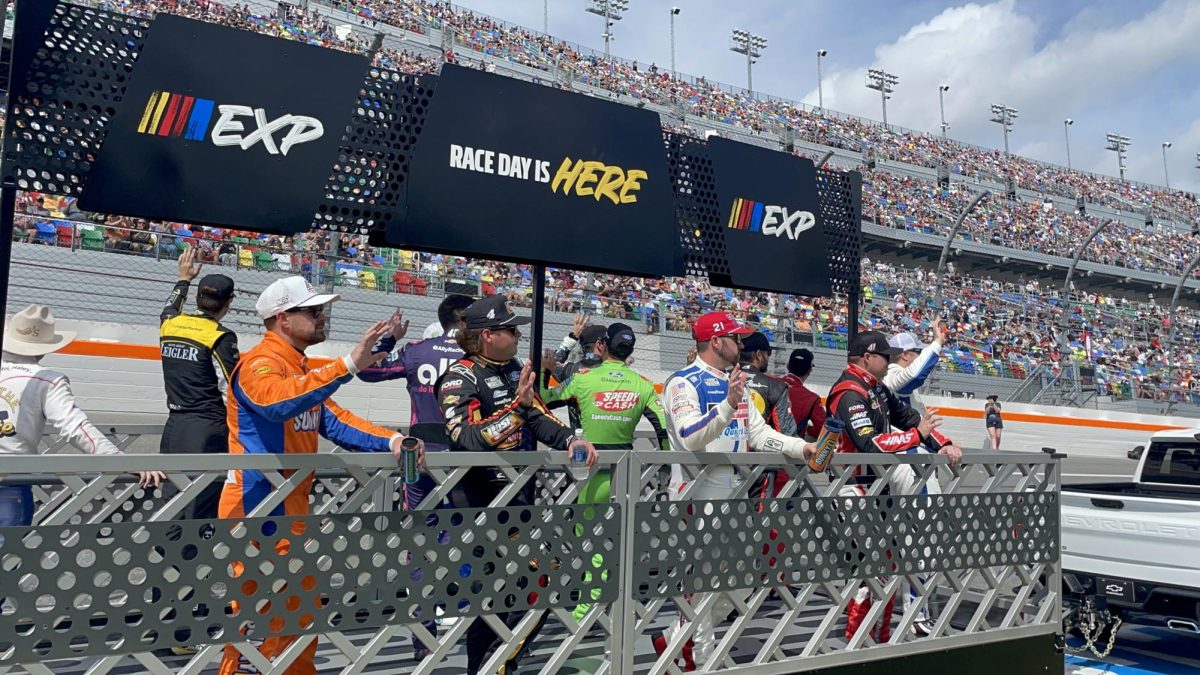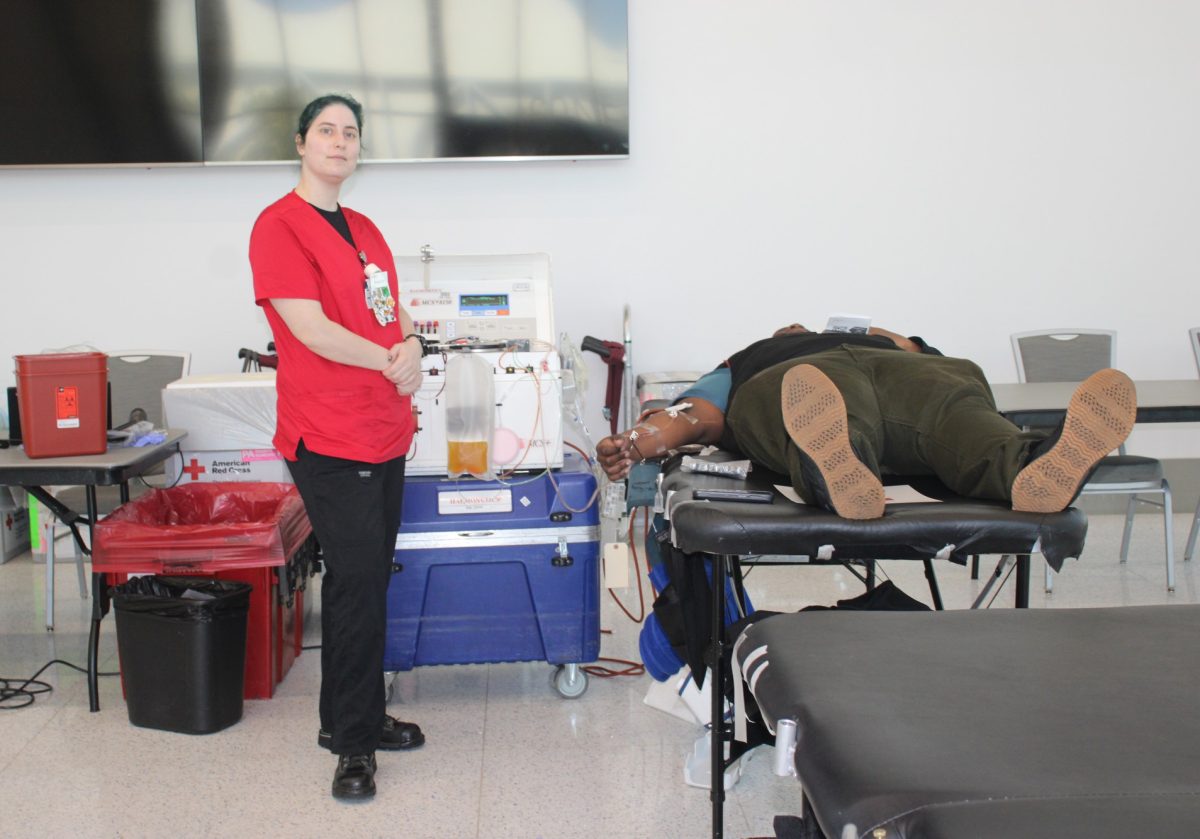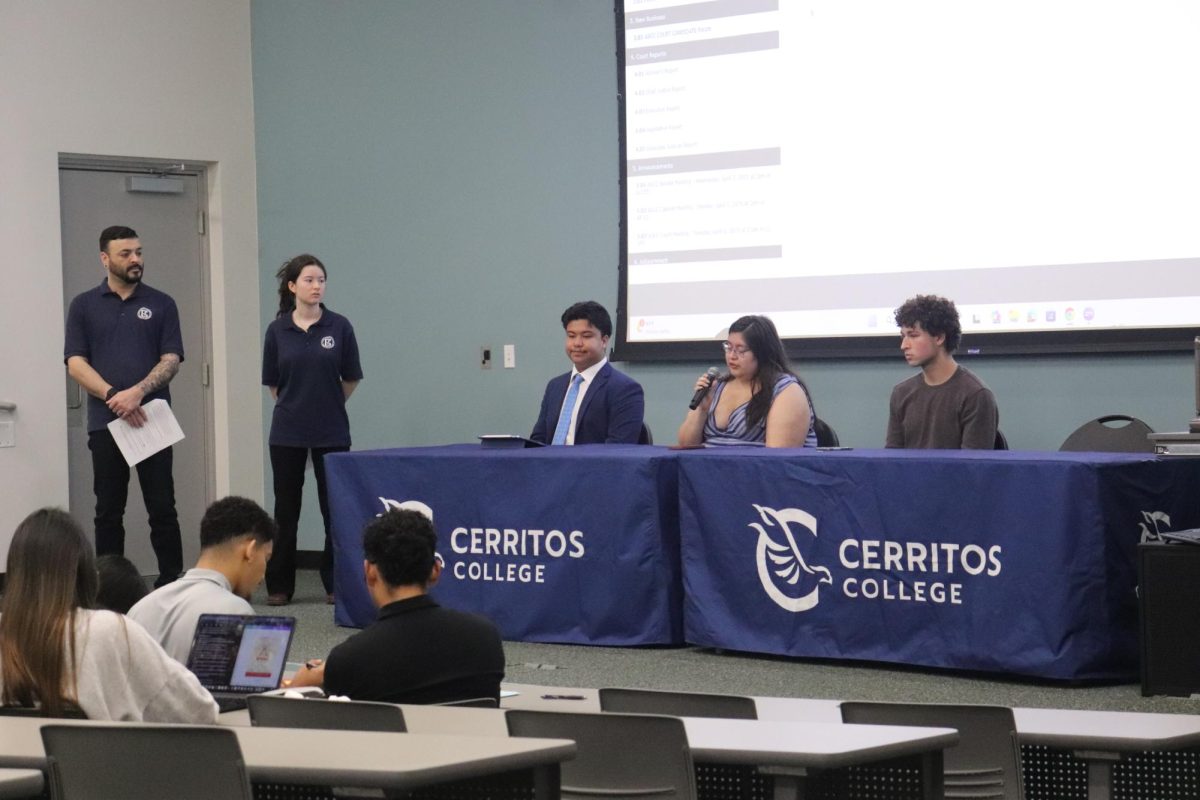Over the past few years, we have seen a rise in police negligence and misconduct leading to the wrongful shootings and killings of innocent individuals.
On top of the increase of these American civilians being fatally shot at by their sworn government protectors while the investigation is underway, officers are being put on paid leave and it is unjust and heartless.
It’s insensitive to be able to continue to receive aid after wrongfully taking a life.
If you do something wrong at your job and they send you home you don’t get paid for the rest of the day, why should the police get paid while there is an investigation?
In 2017 Justine Damond, a 40 year-old Australian-American yoga instructor, called in to Minneapolis police to report a possible sexual assault she heard in a nearby alley.
Officer Mohamed Mohamed Noor and Matthew Harrity arrived on the scene and deemed the area safe.
A sudden loud noise near the police car startled the officers as Dammond approached the driver-side window shortly after, both officers drew their guns but only Noor fired his, fatally shooting the woman in the abdomen.
How does a woman who called in to report a crime to the police, end up dead by the police?
After this outrageous event, Noor was put on paid leave during the investigation.
Noor would continue receiving a salary while the family of Justine Dammond grieved and mourned for their departure.
But where is the same vigor and the same principle for their own?
The principle does not stand because if one of them is hurt, especially by another officer, there will be no aid.
When Officer Michael Rusk shot his sergeant Christopher Gibson three times back in Jan. 2023, seriously wounding Gibson for allegedly trying to sexually assault him, he was not given the same clemency provided to Noor.
The two were off-duty at a local bar when the incident occurred and Rusk was placed on unpaid administrative leave while the investigation was and still is underway.
It would appear given these two scenarios, what constitutes an unpaid vs a paid administrative leave is you hurt one of their own it’s unpaid versus them killing one of you it’s paid.
Eboni Pouncy is yet another victim of a reckless shooting, being shot five times while at a friend’s place at the hands of law enforcement.
While she currently is using a walker to move around, the officers responsible await the outcome of the investigation on company salary.
Pouncy was with a friend at the friend’s apartment when she was shot multiple times by two Harris County police officers during the early morning hours of Feb. 3 2024 in Houston.
Pouncy claimed they heard a knock on the door and due to safety precautions, she retrieved her licensed firearm and went to the door to check.
Officers seeing Pouncy through the window with her firearm, unleashed rounds and fired shots directed at the 28-year-old mother of one, mistaking the Black woman for an intruder.
In the video of the shooting, officers did not intend to have a conversation to assess the situation; they intended to gun down whoever they saw in order to protect themselves.
In a similar fashion to the killing of Breonna Taylor, officers again shot first and asked questions later.
In both the shooting of Eboni Pouncy and the killing of Breonna Taylor, all officers were put on administrative leave.
If an investigation needs to be held there should be no paid leave for any individual involved.
Not receiving pay during investigations, serves as a potential deterrent from officers committing wrongful and fatal shootings.
After the investigation has been concluded and it is found there is no foul play then the individuals involved should file for back pay.
A firearm is a lethal weapon that if used recklessly can change or end a person’s life forever.
One would think individuals authorized to use them for “protection” would want to make sure there is a valid excuse to pull the trigger.
If as an officer you are skittish, unable to effectively assess the situation, selfish or paranoid resign immediately.
This field demands you do not let YOURSELF get in the way of protecting and serving civilians, a mistake can cost a person’s life.


